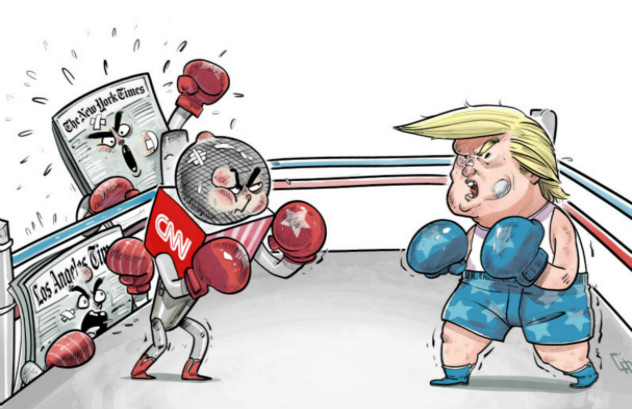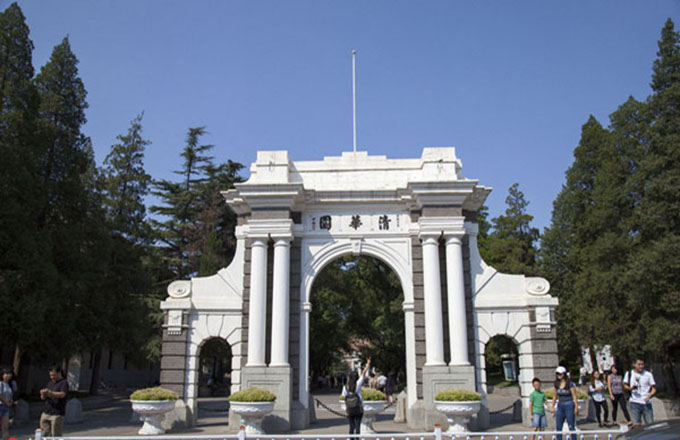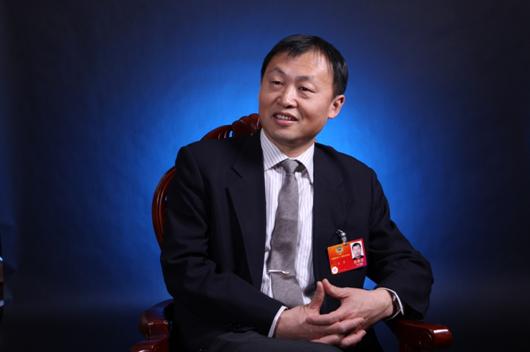A growing quandary
The future global governance arrangements will have to rest on a virtuoso balancing between competition and cooperation - a pragmatic and enlightened combination of national interests within complex networks of bilateral and multilateral partnerships.
Thirty years ago, China's role in global affairs beyond its immediate East Asian periphery was decidedly minor and it had little geostrategic power. Today, China's expanding economic power has extended its reach virtually all over the globe. China's global presence is increasing: its extensive commercial footprint, its growing military power, its increasing cultural influence on "soft power", its diplomatic activity, and its new prominence in global governance institutions.
Beijing is facing an ever-harder quandary between China's identity as a developing country and its identity as an emerging power. With China's economic success continuing, both the developed and the other emerging countries are expecting Beijing to take up greater responsibilities in supporting a sustainable global economy.
As China is very different in terms of culture, history, economy, political system and stage of development it de facto poses a challenge to the era of Western hegemony at the level of system values and rules of the game. Understandably, the developed world, most notably the US and the EU, would prefer to see China's adaptation to the global governance structures they established and safeguarded in the past few decades and hope for a reproduction of the existing system.
After all, China has been developing within the existing system of strongly established international institutions, which it has been making ample use of to sustain its growth. As China is firmly integrated in the current international regimes and benefits from their smooth functioning Beijing actually has a profound interest in seeing that the international rules and institutions function effectively.
Yet, the question remains to what extent Beijing will use its growing influence to transform the international system and bring its rules and institutions more in line with the China's identity and national interests. I expect China will neither simply adapt to the Western system, nor will it try to challenge and replace it.
In view of China's past of exceptionalism and culture it is more likely China will opt for an evolutionary path of gradually accepting more commitments and responsibilities, focusing on domestic development and consolidation, contributing selectively to global governance, and seeking to implement its own vision of global order pragmatically.
China will seek to use its growing weight to influence the flow of world affairs. It is becoming more able to shape the terms of commercial exchanges to the benefit of national interests. Its political values now are resonating more prominently in international debates and its diplomatic strength is felt increasingly in negotiations with other powers.
The author is professor of International Relations with Vrije University Brussel and director of Brussels Institute of Contemporary China Studies. The article is translated extracts from his keynote speech at the Fifth World Forum of China Studies in Shanghai last month.
(China Daily 04/15/2013 page8)





















